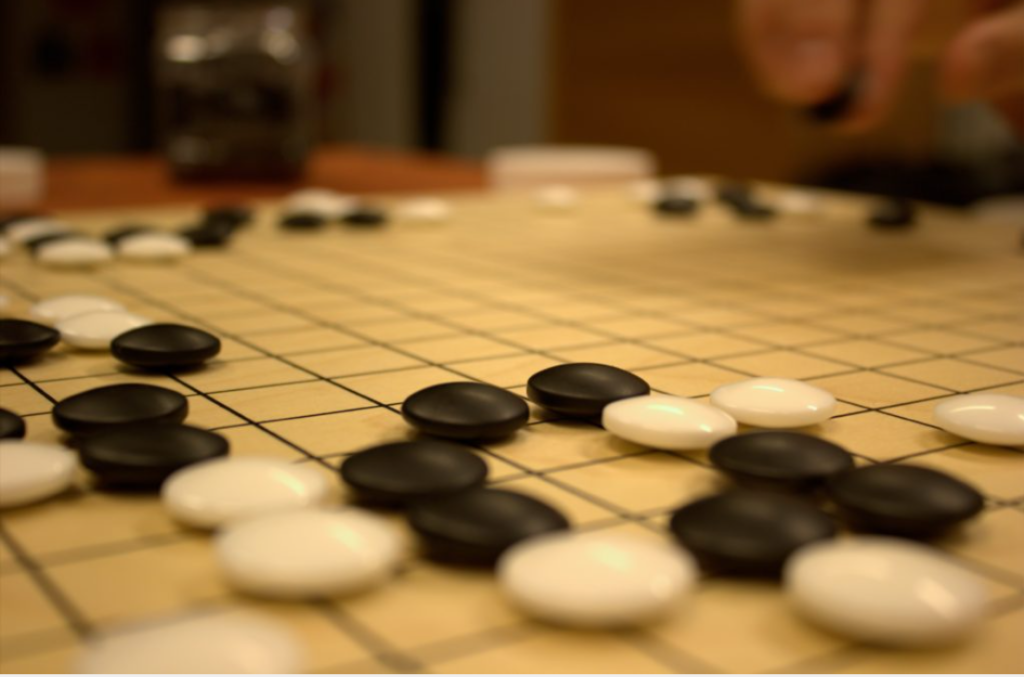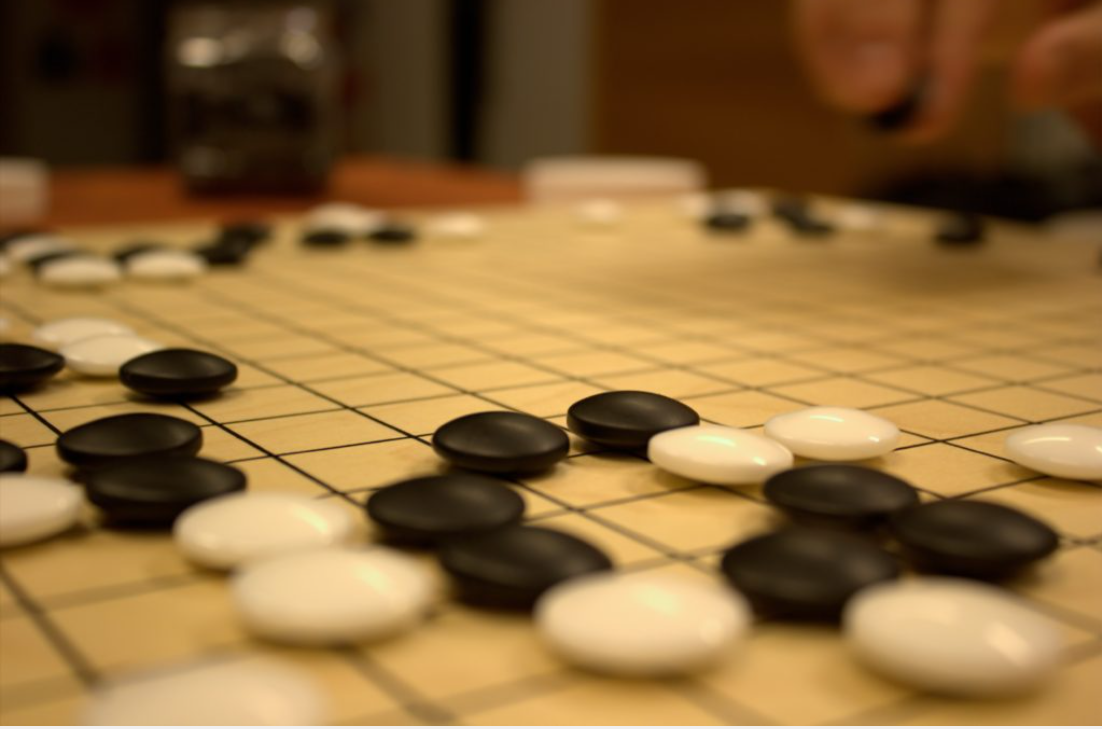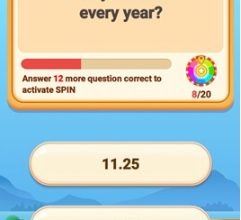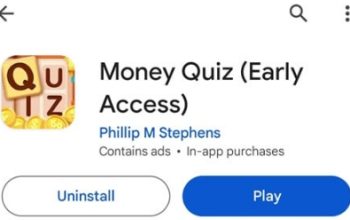
This month, South Korean world go champion Lee Sedol and Google’s AI engine AlphaGo squared off against one another. It wasn’t until October of last year that AlphaGo defeated the reigning European Go champion Fan Hui, winning five out of six games. This was the first time a computer had defeated a professional Go player. Before his match versus AlphaGo last week, Lee Sedol had said that he felt confident in winning despite this.
Computers against humans
Computers have long been capable of learning games; Tic-Tac-Toe was the first game to do so in 1952. World chess champion Garry Kasparov lost three games and drew two before IBM’s Deep Blue computer defeated him in just one match in 1996. Then, in 2011 IBM’s Watson triumphed on the American game program Jeopardy. Nevertheless, computer programs have only been able to play Go at a beginner’s level up until today. For a game as complicated as Go, where there are more potential positions than there are atoms in the universe, the conventional method of teaching computers to play games—using algorithms to find probable positions—is insufficient.
AlphaGo
Since 2010, Google’s DeepMind AI unit has been using a range of methods to build AlphaGo. Millions of moves from expert go players were first given to it so it could learn from them. It was then programmed to play thousands of games against various versions of itself, developing and learning new tactics in the process. Finally, in order to train it to forecast potential outcomes for a move in the future, the lab team had it examine the moves from each of its games.
Go for it!
The five games were held at the Four Seasons Hotel in Seoul, South Korea, over the course of a week beginning on March 9. With the whole globe watching the match, Mr. Sedol and the DeepMind Lab developers of AlphaGo were under tremendous strain.
The first, second, third, and fifth games were all won by AlphaGo. It executed a move in the second game that a human would only have a one in ten thousand chance of making. Although it seemed to be an error, this move surprised spectators and ultimately proved to be the one that won AlphaGo the game.
Only in the fourth game did Mr. Sedol emerge victorious; it was his play that forced AlphaGo into a string of careless movements that ultimately gave him the advantage. Similar to AlphaGo’s ingenious play in Game 2, this move was unexpected as well and is believed to have been a one-in-ten-thousand chance move made by a human. This move was termed “God’s Touch” by other go players, and Demis Hassabis of DeepMind hailed it after the game.
Given that it was predicted that computer technology would not be able to beat a professional Go player for another ten years, AlphaGo’s successes are quite surprising.
For the match, Google withheld $1 million in prize money, which it has promised to give to organizations that promote science, math, education, Go, and other subjects.



